6 Vital Tasks During a Flash Flood Warning
This post may contain affiliate links. We may earn a commission if you purchase via our links. See the disclosure page for more info.
Even if you’ve lived through several flash flood warnings that didn’t quite live up to the threat, they’re still not something you should take lightly. Who knows, the next one might be the real deal that flips your entire world upside down. Would you know what to do if the waters started rising to your ankles? Because if you don’t, it will be too late. These are six things to do during a flash flood warning to keep your family and home safe.
6 Vital Tasks During a Flash Flood Warning
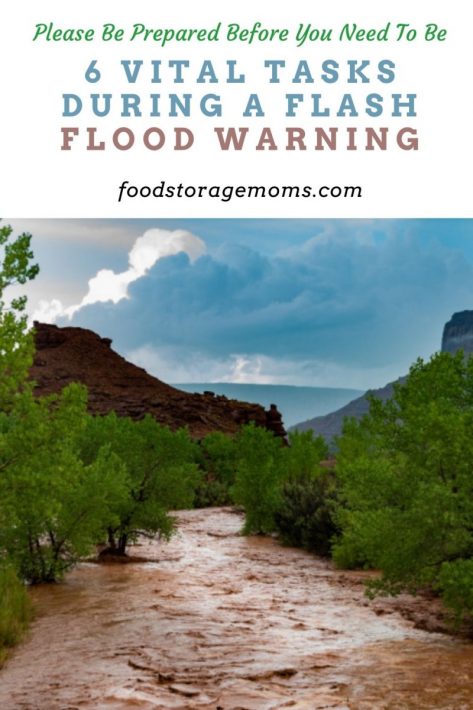
What to do During a Flash Flood Warning
Usually, with a flash flood warning, you don’t have much time to respond. It would be best to study what to do now so your instincts kick in when you need to put things into action. Flooding: Everything You Need to Know
1. Move To Higher Ground
If you live in an area prone to flash flooding, or if you’re caught in one while you’re out and about, it’s essential to get yourself to higher ground, if possible, as soon as possible. This means you should avoid areas known to flood, such as riverbanks, canyons, and low-lying regions during typical flood seasons. If you’re caught in a flood while driving and can’t negotiate a retreat route, abandon your vehicle and move to higher ground immediately.
2. Stay Updated
While some of you may think I’m going a bit extreme regarding flash floods and have already concluded that one could never occur in your neck of the woods, you could be very wrong. Believe it or not, flash floods are one of the most common natural disasters in the United States each year. They’ve been known to happen anywhere and within a few short minutes.
That’s why it’s critical that you and your family stay well-informed when a flash flood warning has been issued for your area. Be sure that you have a weather radio tuned in to the National Oceanic and Atmospheric Administration (NOAA), along with your local weather channel, on the TV. That way, you’ll be up to date on what’s going on around you and know when to evacuate if the order has been issued. NOAA Radio
3. Gather Essential Supplies
If you find yourself trapped in your home during a flash flood, having some essential supplies on hand is important. This means that you should have prepared and set aside these items because once the warning has been issued, it’s too late to accumulate needed supplies. You’ll want plenty of bottled water, non-perishable food items, a first-aid kit, flashlights, and batteries. It would be best to consider storing blankets and towels on the second floor or in your attic so your family can dry off and stay warm. First Aid Kit For Survival
These items will help you stay hydrated, fed, and safe until the waters recede. To be on the safer side, you should have at least a three-day supply of these items to see your family through until you can find shelter elsewhere. How To Store Water-Pros And Cons
4. Create an evacuation plan
If you live in an area prone to flash floods, it’s a good idea to create an evacuation plan ahead of time. This way, you and your family know what to do and where to go if you need to evacuate quickly. Choose a safe location outside of the flood zone and make sure everyone knows how to get there.
It’s also a good idea to have a backup location in case the first one isn’t accessible. If the main road is blocked, you should know a backup route.
Pack a bag with essential items like clothes, medications, and important documents to grab and go if you need to evacuate. Another crucial thing is ensuring your vehicle has enough gas to get your family safely away from the flood-affected area. Lastly, make sure everyone in your family has a life jacket available and knows how to swim, just in case. 10 Things You Should Do Before You Evacuate.
5. Turn Off Your Utilities
Flood waters have been known to electrocute people when they come into contact with electrical appliances and outlets. It’s in your best interest to ensure that your family stays safe while your home also experiences the least damage during a flash flood warning. You can do this by closing off the gas valve and turning off all your utilities on the main power switch. This will help prevent further damage to your home and keep your family safe. How To Turn Off The Gas And Water In Your House
6. Move Your Valuables to the Top Floor
It’s always better to be safe than sorry. Instead of allowing your valuables to get swept away or destroyed by flood waters, if you have time to do so, move them to the top floor of your home. For those who live in a two-story home, put your valuables on the second level. If you have a ranch-style home, move them into an attic or another room, not on the ground floor.
This is especially important if you live in an area prone to flash flooding. If you don’t have time to move everything, focus on the irreplaceable items that would be the most difficult to replace. This could include important documents, family heirlooms, and photographs. But if it becomes clear that your situation has become critical, stop focusing on stuff and get yourself to safety. Sneaky Places to Hide Your Valuables
Things that You Should Never Do During a Flash Flood Warning
Before I wrap this up, I thought it was also necessary to review a few things you should never do during a flash flood warning. For instance:
- If you need to evacuate, don’t wait until the last minute. And never drive your vehicle through 6 inches or more of water. This can cause your car to stall and leave you stranded, which could put you in a very dangerous situation.
- Also, don’t cross a river or stream on foot if the water moves swiftly. It only takes 6 inches of fast-moving water to knock an adult off their feet and 12 inches to carry away a small car. So, if the water is moving too swiftly for you to cross safely, find another way to get to safety.
- Lastly, don’t try to climb into the attic if your house begins to fill with water. Instead, go onto the roof and wait for rescuers. The attic will only become a trap once there’s no way out if the water continues to rise.
More Disaster Tips for a Flash Flood Warning:
- Flooding: Everything You Need to Know
- 7 Shocking Facts About Preparedness
- Hurricane Items You Must Have Before It Hits
Final Word
So, those are six essential things you should do during a flash flood warning. Stay safe out there, and remember, even if you don’t think it will ever happen to you, it’s always better to be prepared just in case. May God Bless this world, Linda
Copyright Images: Canyonlands Flooding AdobeStock_229821295 by Krzysztof Wiktor

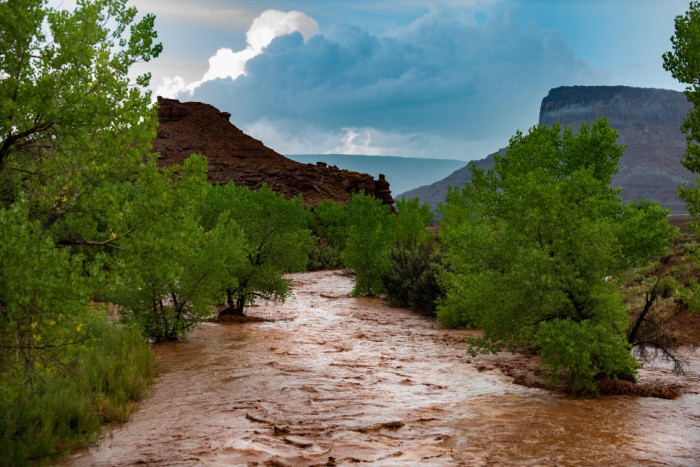

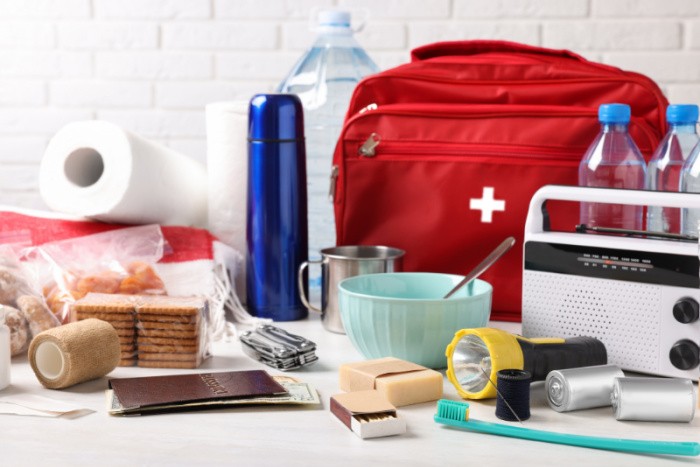
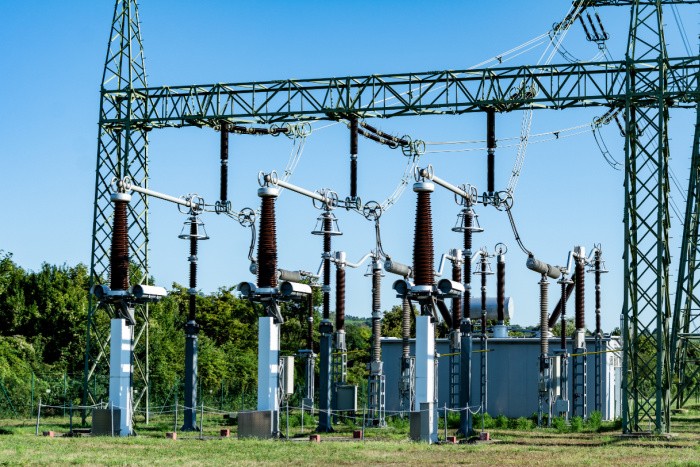
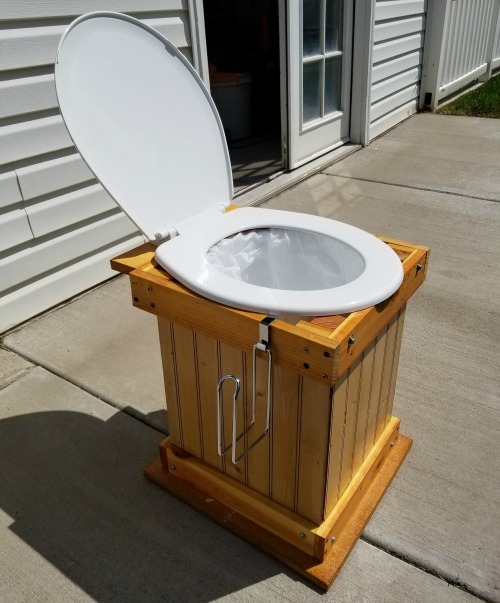
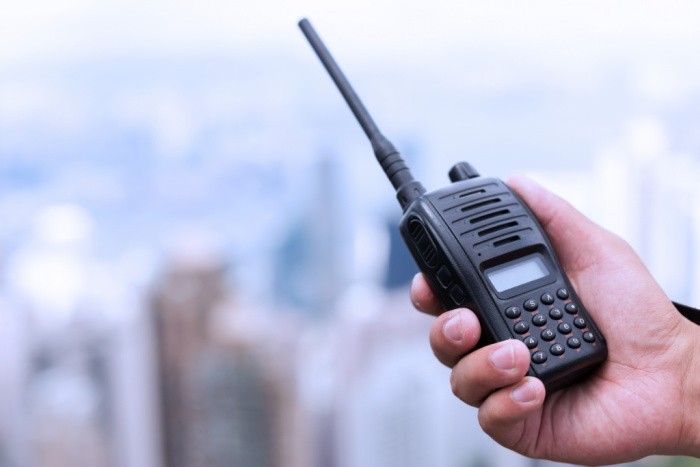

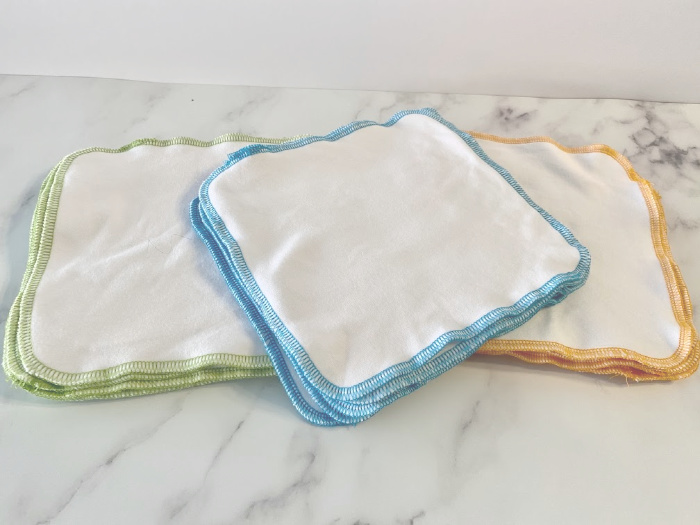

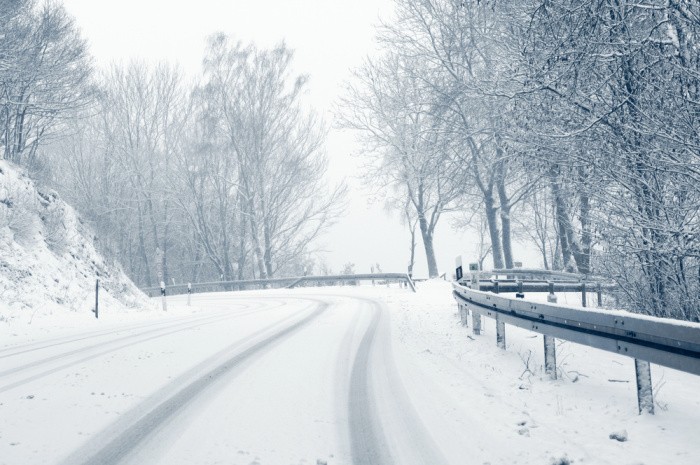
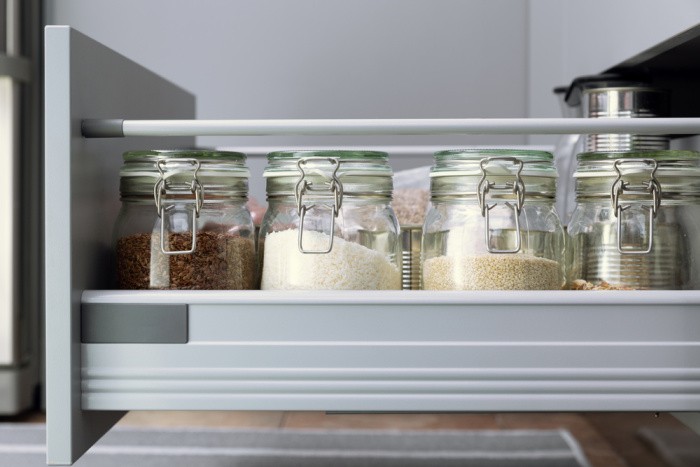




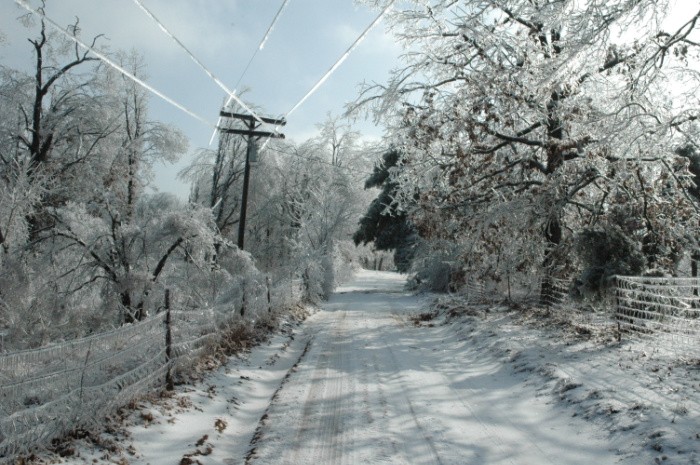



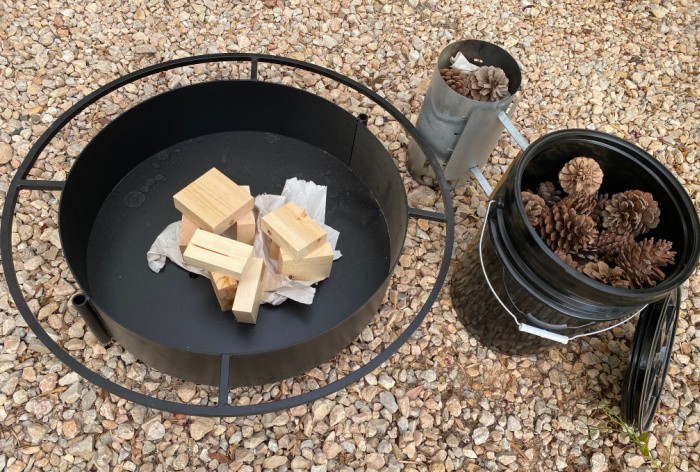

Great post, Linda! Luckily, we’re not prone to flooding here where we live. We have had flooding to where we couldn’t leave the house. Well, we could leave, but couldn’t go anywhere. One road out was flooded, but the other, part of it washed away. We had all the supplies we needed, though. Great reason for prepping!
Hi Deborah, I have been through a few floods, they are not fun obviously. They can be scary especially when rocks and boulders come down a hill with the flood waters. Glad you were prepped and safe!! Linda
While we have been blessed to never experience flooding, our furnace is hung from the basement ceiling to prevent problems. Our sump pump has a backup battery and a second water flow sump pump. I suspect the original owners of our home may have experienced flood in a previous home and didn’t want it to happen again.
Hi Chris, that is a blessing the previous owners planned ahead for any floods. There is no way to “turn it off” that’s for sure. We were instructed to go get sandbags and fill them, luckily we didn’t need them. But many of our neighbors did. Our side yard was flooded pushing all the rocks (desert landscape) and red dirt out to the front yard and onto our street. Crazy and scary. Some people had water 2 feet deep in their homes and eventually were uninsurable and they couldn’t sell the home. These are those the stories we sometimes don’t hear about unless they are our neighbors. Crazy, stay safe. Linda
We have a creek that runs through our property. It hasn’t flooded yet although it been very high and moves swiftly! We have a sump pump that is a water flow pump and will still work if there’s no power. I would never have chosen this site to build on, but my husband (the farm boy) wasn’t put off by it. He grew up on land that had a creek much closer to their house and it never flooded, but did get in the yard a couple of times.
Hi Paula, we lived through two 500 year floods in Southern Utah. A subdivision in the state of Utah is required to have your neighborhood prepared for a 100 year storm. Well, after two 5 hundred year storms in Southern Utah, houses filling up to 4 feet of water, and then being condemned, I had had enough. Ours never flooded into the house but several neighbors were flooded. The second 500 year storm a house was flooded a second time and became uninsurable and they could not sell it unless it was a cash deal. Mortgage companies require homeowner insurance. Now I live where an earthquake is most likely to occur. In my lifetime, who knows if it will. You may want to look at flood insurance but you can be cancelled as well. People think it will never happen to them and then it does. In Southern Utah houses slid off of hills, flooding is awful. Linda
We did look at flood insurance and it’s way out of our price range. If this place ever floods I told the husband I would move from here, with or without him!
Hi Paula, I have heard it’s expensive. I hear you on the flooding! LOL! I would move too! Linda
Thanks for these tips. We lived in east central KY and unfortunately, this is becoming all too familiar. 2 yrs ago in eastern KY mountains still recovering and last week, though KY did not suffer like TN and WNC, also, mountains which act as a funnel. Rule of thumb, expect the unexpected and don’t depend on the “professionals” to know everything. They missed this, big time.
Hi Marilynne, they sure did miss this BIG time! Everyone is watching and praying for them, there are no words that can describe the loss or missing family and friends. Houses destroyed, thank goodness for good samaritans, and neighbors. Linda
All my prayers for everyone dealing with Mother Nature at her worst .
Hi Chris, we’re all praying with you for all those dealing with Mother Nature at her worst right now! Good one, Linda